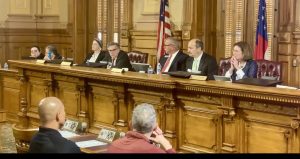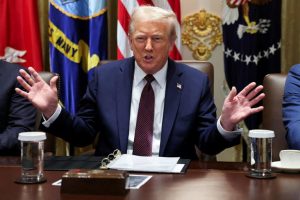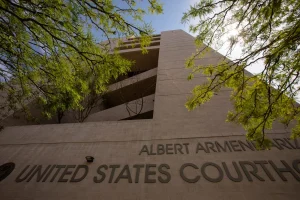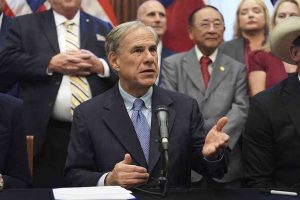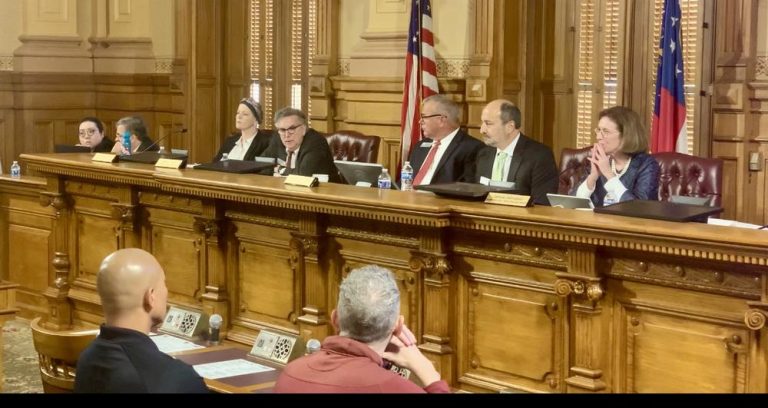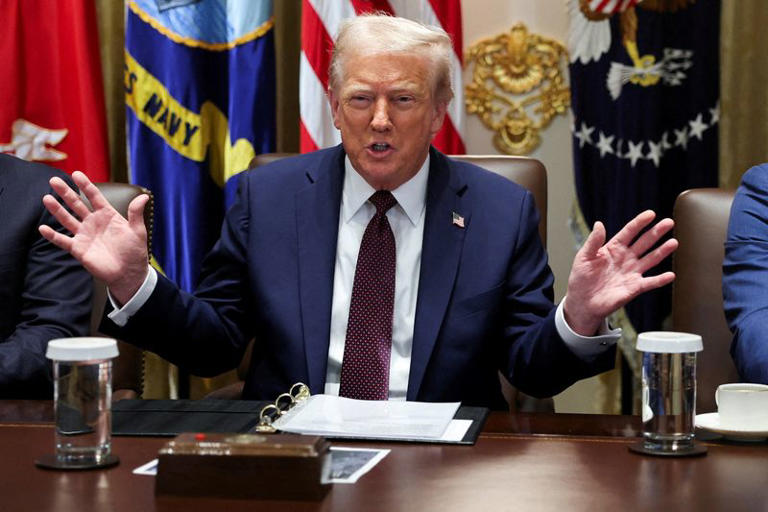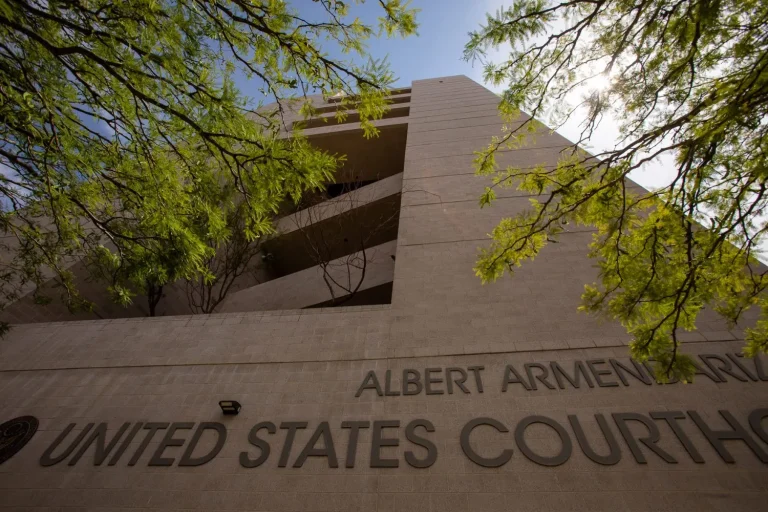-By Suzanne Gamboa
September 21, 2012- WASHINGTON (AP) – Deidra Reese isn't waiting for people to come to her to find out whether they are registered to vote.
With iPad in hand, Reese is going to community centers, homes and churches in nine Ohio cities, looking up registrations to make sure voters have proper ID and everything else they need to cast ballots on Election Day.
"We are not going to give back one single inch. We have fought too long and too hard," said Reese, 45, coordinator of the Columbus-based Ohio Unity Coalition, an affiliate of the National Coalition on Black Civic Participation.
Reese is part of a cadre of black women engaged in a revived wave of voting rights advocacy four years after the historic election of the nation's first black president. Provoked by voting law changes in various states, they have decided to help voters navigate the system – a fitting role, they say, given that black women had the highest turnout of any group of voters in 2008.
We've forgotten our mothers went to three jobs, picked us up from school, put the macaroni and cheese on the table, got up and got somebody registered to vote," said actress Sheryl Lee Ralph, one of several women who participated in a strategy session this week during the Congressional Black Caucus Foundation's annual legislative conference in the nation's capital. Ralph is married to Pennsylvania state Sen. Vincent Hughes.
The political and financial power of black women is one of the themes of this year's four-day event. It will culminate Saturday with a keynote speech from one of the most visible black women in America, first lady Michelle Obama.
"It's time for us to lead the way because we voted in greater numbers than any other gender and race group last election, and we got to do the same this year," said Elsie Scott, president and CEO of the Congressional Black Caucus Foundation.
Turnout among women of all races is generally higher than for men. In 2008, about 69 percent of eligible black female voters went to the polls, an increase of 5.1 percentage points over 2004, according to a study of census data on 2008 voters by the Pew Hispanic Center. That compares with 66.1 percent of white women.
African-American women, who number about 20 million in the U.S., have long been the largest group of Democratic voters in the country, said David Bositis, senior research associate with the Joint Center for Political and Economic Studies.

